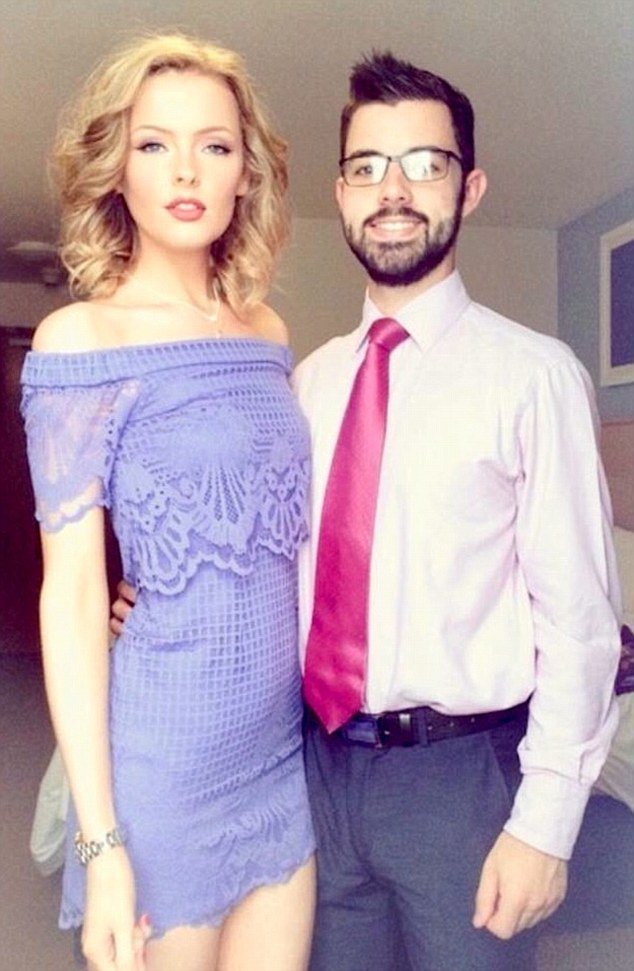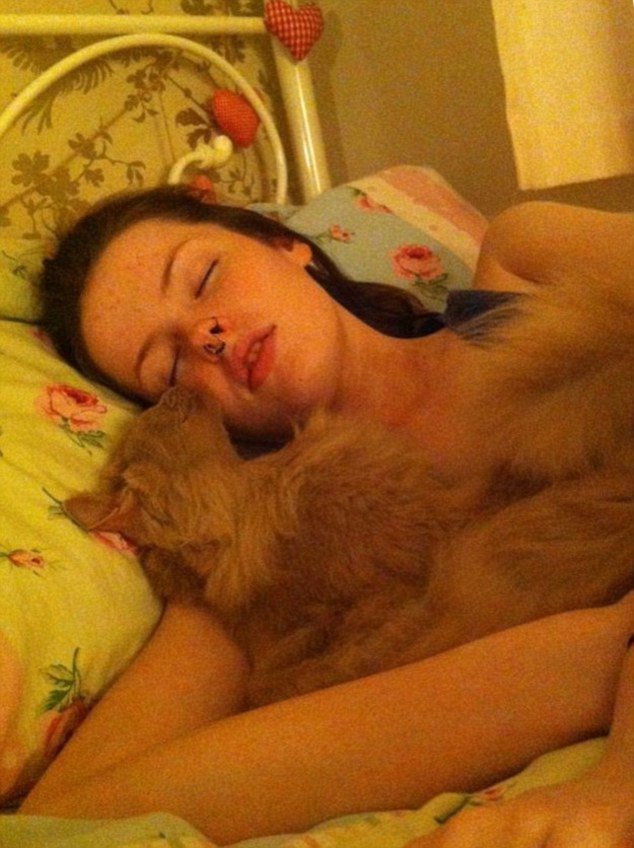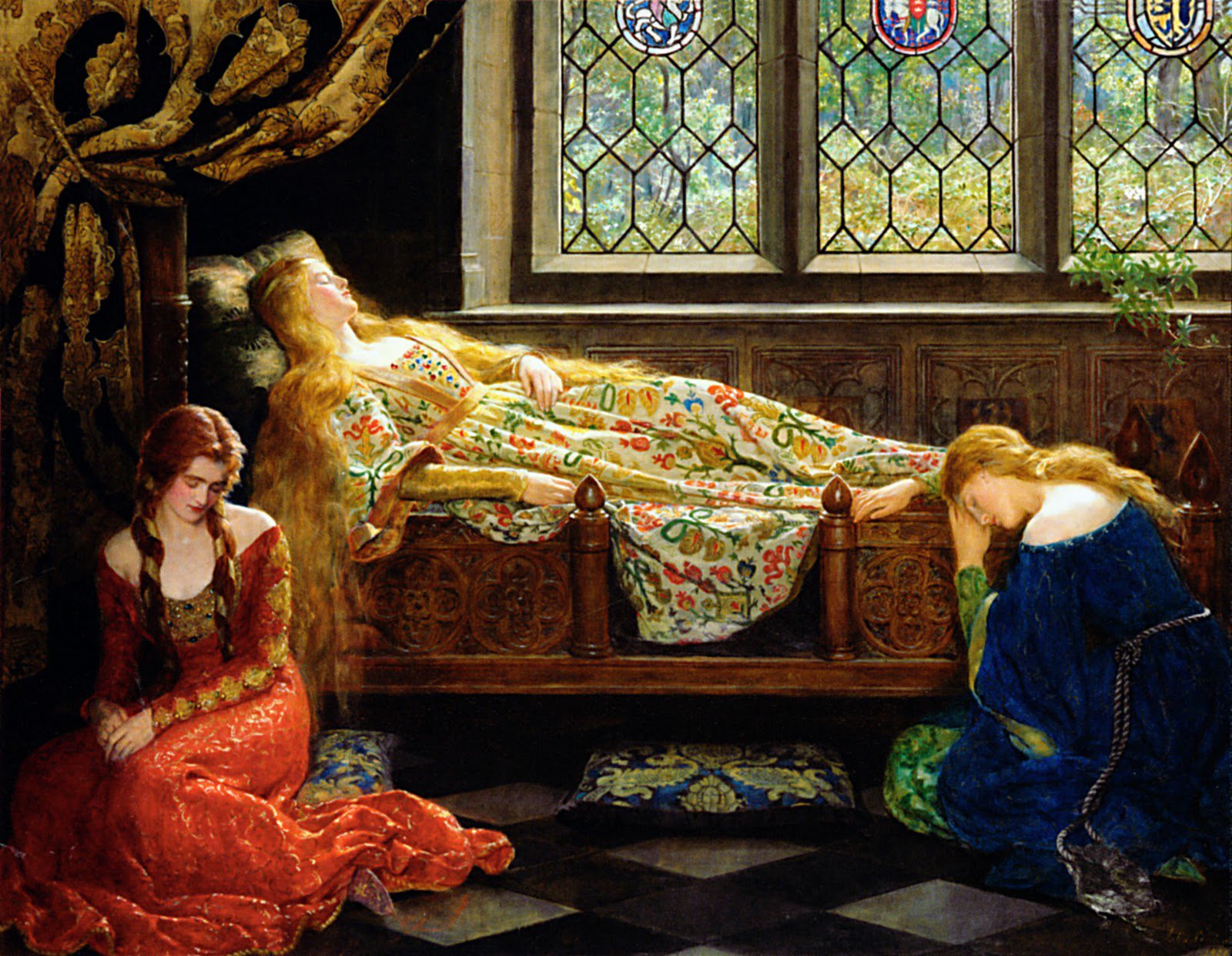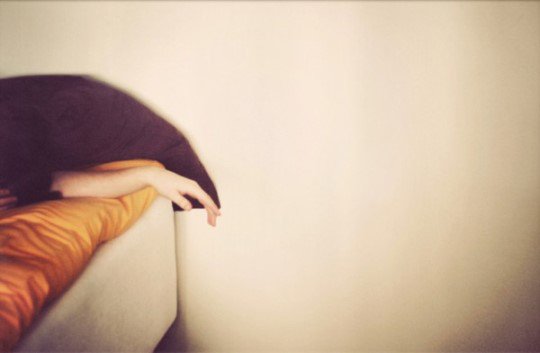With good grades and an appealing, confident personality, Beth Goodier was all set to go to university and become a child psychologist. That was until, in an uncanny similarity to a childhood fairy tale, she went to sleep and did not wake up for 6 months.

Beth was going to turn 17, when in November five years ago, she fell asleep and slumbered on for 22 hours every day during a 6-month episode. She would wake up for some time in a trance-like state to eat some food and use the toilet.
Hailing from Stockport, Cheshire, Beth is one of the victims of Kleine-Levin syndrome, also known as Sleeping Beauty syndrome. There are reported to be more than a 100 youngsters afflicted by the strange syndrome in Britain alone. The syndrome has no known cure yet.
Beth, now 22, has her life and aspirations slipping away while her mother Janine can only stand by and watch helplessly, hoping that her daughter will wake up for good.
She told Daily Mail,
It is like night and day. She might wake up tomorrow and then it’s a race against time to live the life she should have had. She rushes off to catch up with her friends and get her hair done. But no one knows when she might fall asleep again.

Named after Will Kleine and Max Levin who first described the disease in the 20th century, the sleep disorder leads to hypersomnia or excessive sleepiness and behavioural and cognitive changes. Episodes of sleeping occur for more than a decade and when patients wake up after an episode they generally do not remember much. Significant changes in personality are noticed and often they become anxious or aggressive when they realise how much time has slipped away. The syndrome is especially traumatic for youngsters who lose out on important years in school, college or careers. Patients are unable to wake up despite stimulants, drugs or even loud noise.
In some cases, migraine and hallucinations accompany the syndrome during which patients break down and exhibit childlike behaviour. The syndrome is also known to cause extreme hunger or heightened sexual urges upon waking up.
The condition is sometimes triggered by a viral infection, which may lead to inflammation of the brain, which in turn is believed to damage the thalamus and hypothalamus, responsible for sleep. Though named after a tale, the reality is anything but fairy tale-ish.

As Dr Guy Leschziner, a consultant neurologist at Guy’s and St Thomas’ NHS Trust says,
In the past, milder cases were blamed on teens being lazy and swinging the lead. Otherwise, they were viewed as psychiatric cases or having symptoms of a bipolar disorder.They feel as if they are in a dream-like state very separate from the world around them. It has a massive impact on their lives. When they wake up and realise what they’ve missed, they may be depressed and anxious.While it’s not terminal, young people with KLS can see their lives slipping away in their most formative and important years.
Another known case is that of 15-year-old Carew Harris from Cobham, Surrey. Carew was a talented footballer and had been selected to play for a football academy. After a day at a health spa pool he found himself feeling tired and unable to keep awake.
His mother Danielle says,
Every morning, I check on him and I don’t know what the day will hold. If he will be up, dressed, ready to go to school, in an angry mood or fast asleep.The second he comes out of an episode, he realises what he has missed and becomes terribly anxious. Carew is a superb sportsman, but though he does not lose his skills when he is asleep, he wakes up weaker because he has not moved for weeks.
Carew’s migraines and hallucinations make it worse for him, reducing him to a sobbing childlike state.

While the patient does generally ease out of the syndrome with time, for now all Carew and Beth’s mothers can do is wait for their child to wake up for good.

















